The TDR (UNICEF/UNDP/World Bank/WHO Special Programme for Research and Training in Tropical Diseases), based at the World Health Organization in Geneva, Switzerland, invites applications for its 2025 initiative. This program seeks to enhance the use of an intersectional gender approach in implementation research related to infectious diseases in urban environments.
Key Objectives of the Program
The primary goal is to advance knowledge and generate actionable evidence to address barriers and enablers in delivering health interventions in urban settings. Researchers are expected to explore how gender and other factors of inequity—such as socioeconomic status, ethnicity, and disability—shape urban health outcomes. This evidence will inform health systems’ responses, ensuring they are inclusive, equitable, and effective.
This initiative aligns with the TDR Intersectional Gender Research Strategy and the broader TDR Strategy (2024–2029). It aims to integrate a gender perspective into urban health challenges while addressing infectious diseases of poverty, including those exacerbated by climate change and urbanization.
Focus Areas
Research proposals should address one or more of the following priority topics, emphasizing the intersection of gender and other social determinants:
- Urban Health Access
- Investigating bottlenecks that impede access to health services in urban settings, particularly in vulnerable populations.
- Exploring how intersecting factors—such as gender, income level, and housing conditions—influence healthcare accessibility.
- Climate Change and Health Vulnerabilities
- Examining the impact of climate variability on health outcomes, with a focus on gender disparities.
- Studying how water, sanitation, hygiene (WASH), food insecurity, and housing conditions affect infectious disease vulnerability.
- Gender Dynamics in Health Interventions
- Analyzing how gender norms, roles, and relations affect the planning, development, and implementation of health programs in urban areas.
- Assessing how health systems respond to gender-based violence and mental health challenges in the context of infectious diseases.
- Evidence-Based Policy Recommendations
- Generating data on health literacy, prevention strategies, and healthcare access among marginalized groups.
- Identifying ways to modify interventions for better real-world implementation and sustained health impacts.
Funding Information
- Funding Envelope: Up to USD 60,000 per proposal.
- Number of Awards: A maximum of two applications will be selected.
Expected Outcomes
Selected projects will produce actionable evidence to address gaps in urban health interventions from an intersectional gender perspective. The findings will:
- Support the creation of inclusive policies and strategies to improve urban health delivery systems.
- Enhance preparedness for health emergencies, ensuring interventions are resilient and context-specific.
- Contribute to addressing social inequities in health systems, particularly during epidemics and crises, such as the COVID-19 pandemic.
Eligibility Criteria
The call is open to research institutions and consortia from low- and middle-income countries (LMICs). Specific requirements include:
- Expertise in Gender and Intersectionality
- Demonstrated knowledge and application of gender and intersectionality research in public health.
- Experience in Implementation Research
- A track record in infectious disease research, particularly in urban and peri-urban settings.
- Institutional Affiliation
- Affiliation with a public health institution, university, research body, or NGO under the purview of a Ministry of Health.
- Inclusivity and Diversity
- Researchers from diverse backgrounds are encouraged to apply. Applications from female researchers and first-time young researchers are particularly welcomed.
Evaluation Process
Applications will be reviewed competitively based on:
- Scientific Merit: The quality and robustness of the proposed research.
- Relevance: Alignment with program objectives and focus areas.
- Equity Components: Inclusion of gender and social equity in the research design.
- Feasibility: Practicality of implementation within the urban context.
- Impact Potential: Likelihood of producing meaningful public health outcomes.
Application Deadline
The final date for submission is 17 January 2025.
For additional information and detailed application guidelines, visit the official WHO website.
This initiative represents an exciting opportunity for researchers to contribute to transformative health interventions, ensuring that urban health systems are more inclusive, equitable, and resilient in addressing the challenges of infectious diseases.






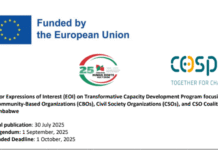

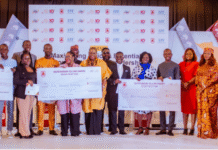
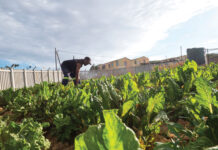
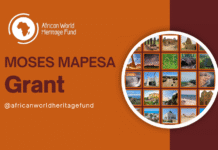
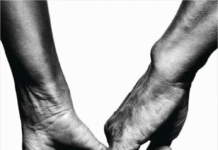




 The African Research (AR) Index is a comprehensive scholarly directory and database focused explicitly on journal publishers that publish and disseminate African research.
The African Research (AR) Index is a comprehensive scholarly directory and database focused explicitly on journal publishers that publish and disseminate African research.

